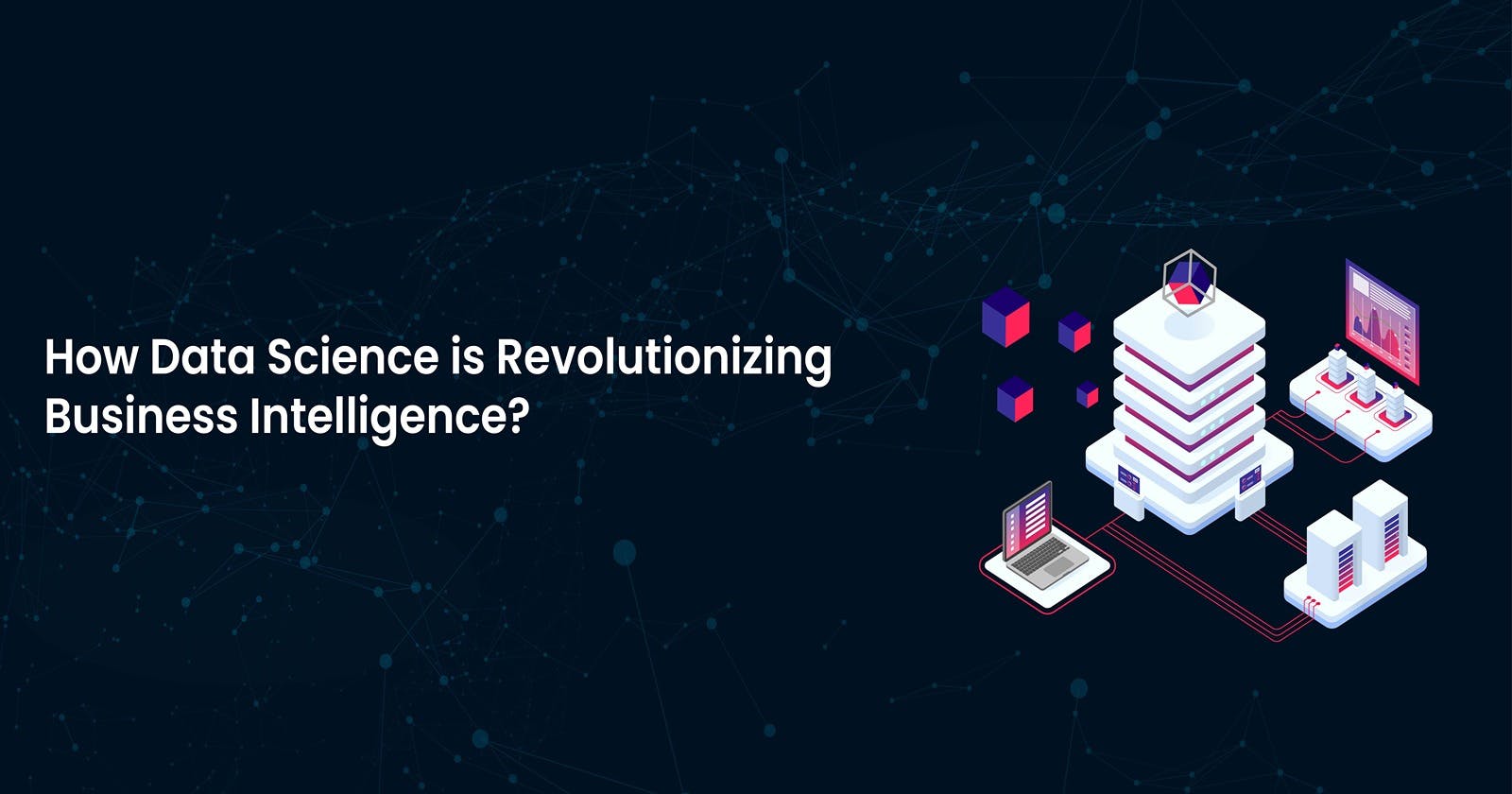In recent years, data science has become more than just a buzzword in the business world. It has emerged as a powerful tool that is revolutionizing the way businesses make decisions and gain insights. In particular, data science is playing a crucial role in transforming the field of business intelligence (BI). In this article, we will explore how data science is revolutionizing business intelligence and why it is important for businesses to embrace this technology.
What is Business Intelligence?
Before diving into the role of data science in business intelligence, let's first understand what business intelligence actually means. Business intelligence refers to the process of collecting, analyzing, and utilizing data to gain valuable insights about a business and its operations. It involves gathering data from various sources, such as internal databases, external sources, and even social media platforms, and then turning that data into actionable information.
Traditionally, business intelligence has relied on tools like spreadsheets, databases, and reporting software to analyze and visualize the data. While these tools have served their purpose over the years, they have their limitations when it comes to handling large volumes of data and extracting meaningful insights from it. This is where data science comes into play.
The Role of Data Science in Business Intelligence
Data science, a multidisciplinary field that combines statistics, mathematics, and computer science, offers powerful techniques and tools to analyze complex and large datasets. It provides businesses with the ability to find patterns, make predictions, and derive actionable insights from data that was previously considered unmanageable.
One of the key contributions of data science to business intelligence is the development of advanced analytics techniques, such as machine learning and predictive modeling. These techniques enable businesses to go beyond simple descriptive analytics and dive deeper into the data to uncover hidden patterns and trends. By leveraging machine learning algorithms, businesses can build predictive models that can forecast future trends, identify potential risks, and even recommend optimal strategies.
Data science also enhances the data visualization aspect of business intelligence. While traditional BI tools offer basic charts and graphs, data science introduces more sophisticated visualization techniques that can handle large and complex data sets. These visualizations not only provide a better understanding of the data but also make it easier for decision-makers to interpret and communicate insights to stakeholders.
Moreover, data science enables businesses to integrate and analyze data from multiple sources. Traditionally, BI systems were primarily concerned with analyzing structured data stored in databases. However, with the explosion of unstructured data from sources like social media, forums, and sensor data, traditional BI tools fall short. Data science techniques, such as natural language processing and sentiment analysis, allow businesses to extract information from unstructured data and incorporate it into their analytics initiatives.
The Benefits of Data Science in Business Intelligence
The integration of data science techniques into business intelligence has numerous benefits for businesses. Here are a few key advantages:
Improved Decision Making: By leveraging data science techniques, businesses can make more informed and data-driven decisions. Data science enables businesses to identify patterns, relationships, and trends that were previously hidden, allowing decision-makers to take actions based on accurate insights.
Enhanced Efficiency and Productivity: Data science automates the process of data analysis, eliminating the need for manual data crunching and manipulation. This not only saves time but also reduces the risk of human errors. With data science, businesses can focus on strategic initiatives rather than spending time on repetitive and mundane tasks.
Identifying New Business Opportunities: Data science can uncover opportunities that businesses might have overlooked otherwise. By analyzing vast amounts of data, businesses can identify emerging trends, customer preferences, and market needs, enabling them to develop innovative products and services, stay ahead of the competition, and capture new market segments.
Reduced Operational Costs and Risks: Data science can help optimize business operations by identifying inefficiencies, bottlenecks, and areas of improvement. By streamlining operations, businesses can reduce costs, improve resource utilization, and mitigate risks.
Challenges and Considerations
While data science offers immense potential for revolutionizing business intelligence, there are challenges and considerations that businesses need to be aware of:
Data Quality and Accessibility: Data science heavily relies on the availability of high-quality, reliable, and accessible data. Businesses need to ensure that data is properly collected, cleaned, and stored to make accurate and meaningful predictions.
Data Security and Privacy: With the increasing use of data science, businesses need to ensure the security and privacy of the data they collect and analyze. Measures such as data encryption, access controls, and compliance with privacy regulations are crucial to protect sensitive data.
Skilled Workforce: Data science is a complex field that requires specialized skills and expertise. Businesses need to invest in training their workforce or hire data scientists who can effectively leverage data science techniques for business intelligence.
Conclusion
Data science is revolutionizing business intelligence services by providing businesses with advanced analytics capabilities, improved decision-making, and the ability to uncover hidden insights from large and complex datasets. However, it is important to address challenges related to data quality, security, and skills to fully harness the power of data science in the field of business intelligence.
